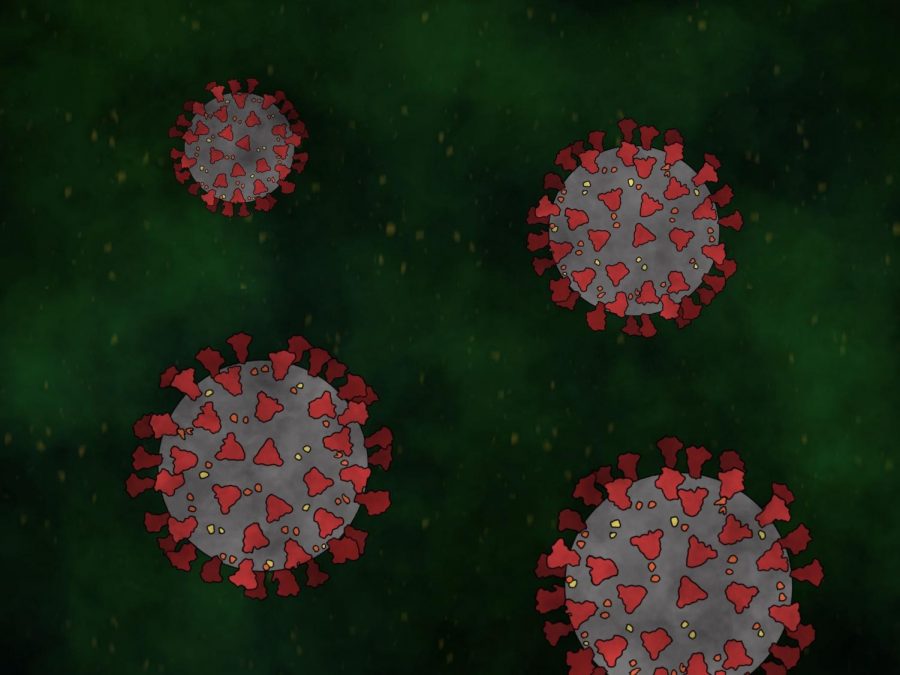India’s Covid Outbreak and Getting Vaccinated
May 21, 2021
At the moment, India is going through an enormous second wave and, according to CNN, “is reporting the world’s highest number of new cases each day.” Dr. Giridhara R. Babu of the Public Health Foundation of India said that the outbreak has most likely not yet hit its highest point and is “at least two to three weeks away from the peak.”
The second wave was able to hit this hard because there was a belief that India was in its end stage of the pandemic and began loosening COVID social distancing practices and the enforcement of COVID safety measures.
In addition, the central government had a “slow response;” it was not until April 2020 that the Prime Minister, Narendra Modi, spoke on the outbreak and its problems. Being one of the most densely populous countries in the world as well as one of the poorest, COVID safety practices have been difficult to fully implement and enforce.
As more and more people around the world continue to get vaccinated and normal life seems to be getting closer, it is important to take into account the new boundaries people have to set for themselves.
As the public starts to become vaccinated, there are some normal things that will be able to start again and there will also be some newer rules society must adjust to. For example, once one has been fully vaccinated, or at least two weeks since someone’s second shot (or after the one-dose Johnson & Johnson vaccine), “[they] can gather indoors with fully vaccinated people without wearing a mask or staying 6 feet apart,” according to the CDC.
A vaccinated person may also remain unmasked in the presence of unvaccinated people from one household unless they are at a higher risk for COVID. Travelling is allowed but, depending on the destination, there may be some restrictions and quarantining necessary prior to or following travel.
Although many people are beginning to receive shots and getting vaccinated, wearing masks as a precaution in indoor public places and with unvaccinated people is important. Taking steps to be safe and to respect everyone is crucial as everyone continues to navigate the pandemic
In these difficult times, it is understandable that people would want to return to what they would consider normal, but, above all else, staying safe must be the number one priority.






























